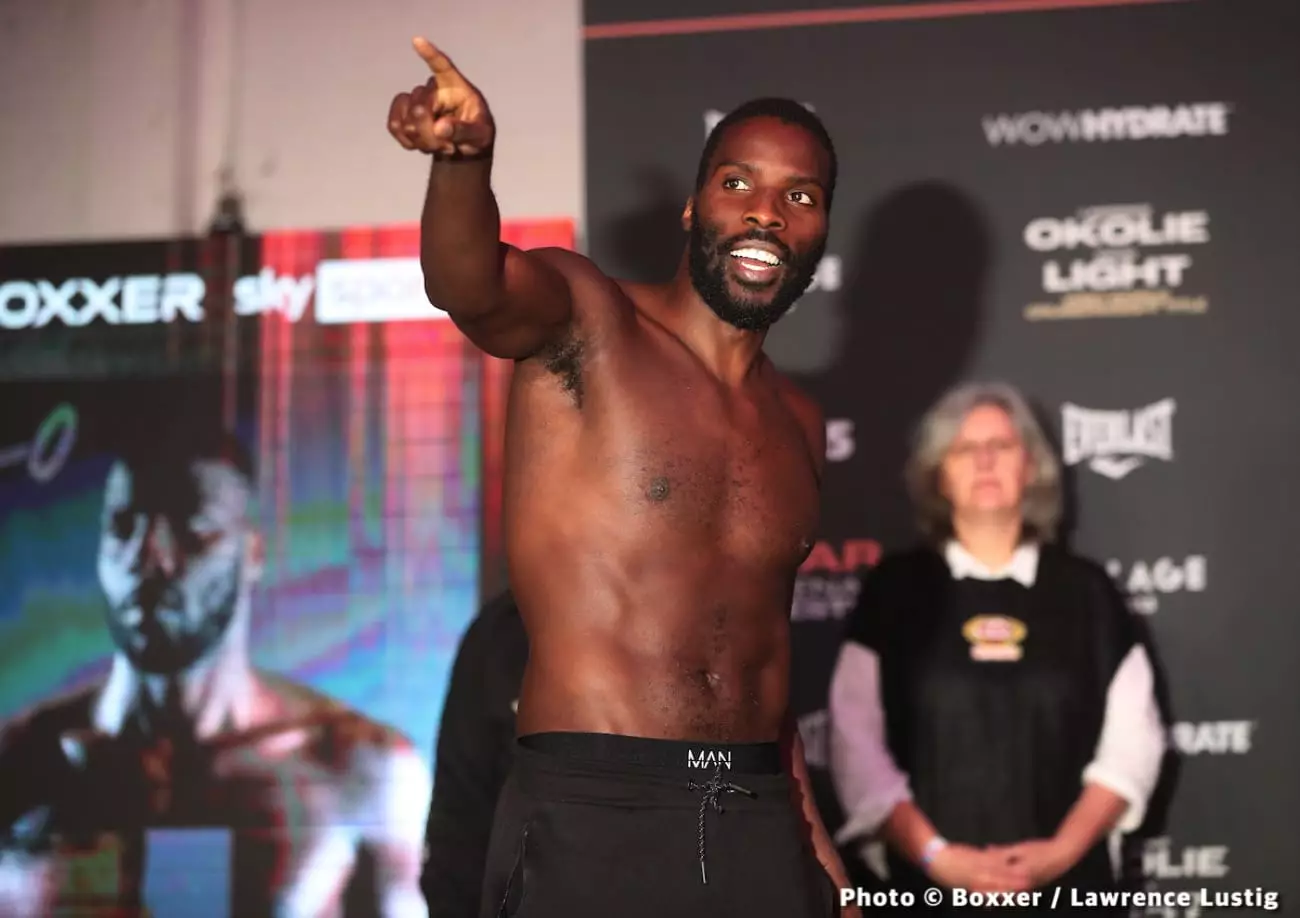In a bewildering turn of events that has ignited fervor among boxing enthusiasts, Lawrence Okolie has seized the number one contender spot in the latest WBC heavyweight rankings. This decision raises eyebrows, especially considering that Okolie, a former WBO cruiserweight champion and WBC bridgerweight titleholder, has only participated in one heavyweight fight, a swift knockout of the largely unheralded Hussein Muhamed. The boxing community is grappling with how a fighter with such limited experience at heavyweight could leapfrog countless contenders who have showcased deeper talents and experience.
Critiques of the Ranking System
The boxing world thrives on stories of hard work and perseverance, with fighters earning their positions through a series of rigorous bouts. Fans are incredulous as they witness Okolie’s meteoric rise despite a lackluster resume in the heavyweight division. Critics argue that this decision by the WBC diminishes the integrity of the ranking process. Fighters like Fabio Wardley, Efe Ajagba, and Bakhodir Jalolov have proven themselves worthy of higher rankings through consistent performances and competitive bouts, while Okolie’s ascent appears arbitrary. This decision does not just baffle casual observers; even die-hard boxing aficionados struggle to comprehend the rationale, adding to the growing skepticism surrounding regulatory bodies in the sport.
The Impact of WBC Politics
The WBC’s choice may point to internal politics that overshadow merit-based ranking systems. The organization, often criticized for its convoluted decision-making, has once again drawn attention to its erratic processes. Lawrence Okolie’s rise could be interpreted as a strategic move to market an emerging fighter while generating buzz in the heavyweight division. However, this approach could backfire, as it risks alienating both casual and dedicated fans who cherish competitiveness and the integrity of rankings. If fighters can achieve high ranks based on minimal activity, the very framework that defines competitiveness in boxing is put at risk.
Looking Ahead: Okolie’s Challenges
Now facing a potentially career-defining matchup against fellow Londoner Richard Riakporhe on April 5, Okolie’s future will be scrutinized. Winning this bout would allow him to bolster his title aspirations, but the question will linger: does he truly deserve a title shot? Fans may find it hard to rally around a contender who skips over the necessary steps to reach the pinnacle of the sport. The boxing world awaits to see if he can prove the rankings wrong or if he will perpetuate the doubts that accompany his current position.
A Discrepancy in Rankings
The head-scratching nature of the WBC’s latest rankings extends beyond Okolie. The inclusion of high-profile names like Deontay Wilder, who has faced a fallow period since late 2022, raises further questions about the credibility of the WBC ranking system. Such discrepancies reflect poorly on the organization and its ability to maintain legitimacy within the sport. As fans examine the updated rankings, they are prompted to consider whether the WBC is serving the sport or if it is merely a business maneuver masking a deeper issue within the governing body.
In a world where boxers risk their lives for recognition and advancement, the integrity of such rankings is paramount, and the chaotic landscape begot by the WBC’s latest decisions has left many pondering the future of boxing’s ranking systems.


Leave a Reply